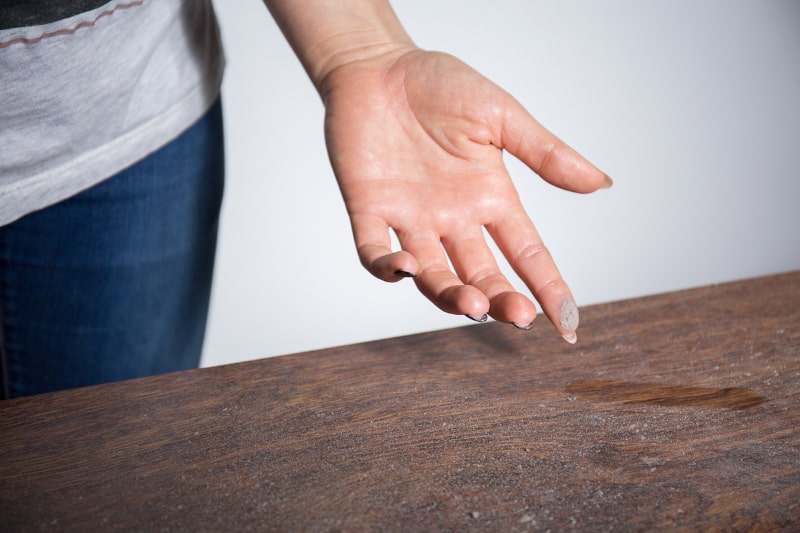Indoor air quality plays a crucial role in our health and well-being, as we spend considerable time indoors. Poor IAQ can have detrimental effects on our respiratory system, cause allergies and even lead to long-term health issues. The following four signs indicate poor indoor air quality in Pelahatchie, MS, homes:
Unpleasant Odors
One of the most noticeable signs of poor indoor air quality is the presence of unpleasant and persistent odors. Some examples that indicate poor air quality are musty, chemical or sewage-like smells. They may indicate the presence of contaminants in the air, such as biological growth, pet dander, tobacco smoke or volatile organic compounds (VOCs) emitted by cleaning products, furniture or building materials.
Excessive Dust and Allergens
Another sign of poor indoor air quality is the accumulation of excessive dust and allergens in the environment. If you constantly find layers of dust settling on surfaces shortly after cleaning, or if you experience frequent allergy symptoms like sneezing, coughing or itchy eyes indoors, it could indicate a high concentration of airborne particles. Common indoor allergens include pollen, dust mites and even microscopic biological contaminants.
Respiratory Irritation and Discomfort
Poor indoor air quality can also cause respiratory irritation and discomfort. Individuals may experience symptoms such as coughing, wheezing, shortness of breath or a feeling of tightness in the chest. For those with pre-existing respiratory conditions, such as asthma or allergies, these symptoms can become more severe.
Persistent Fatigue and Lack of Concentration
When the air gets contaminated, the body may not receive enough oxygen, leading to feelings of sluggishness and mental fogginess. Inadequate ventilation and the presence of pollutants can also contribute to increased carbon dioxide levels, which can cause drowsiness and reduced cognitive function.
If you’re looking for air conditioning installation or air quality services in Pelahatchie, MS, call Modern Air. Our services extend beyond regular operating hours to cater to emergency situations.
Image provided by iStock



